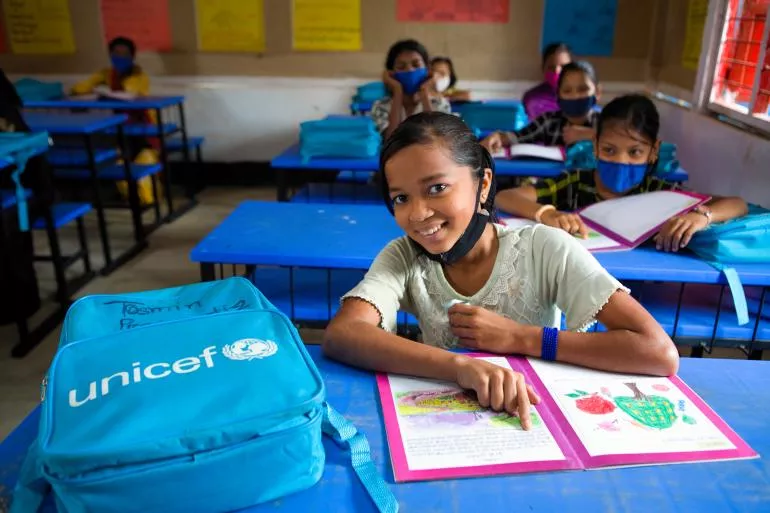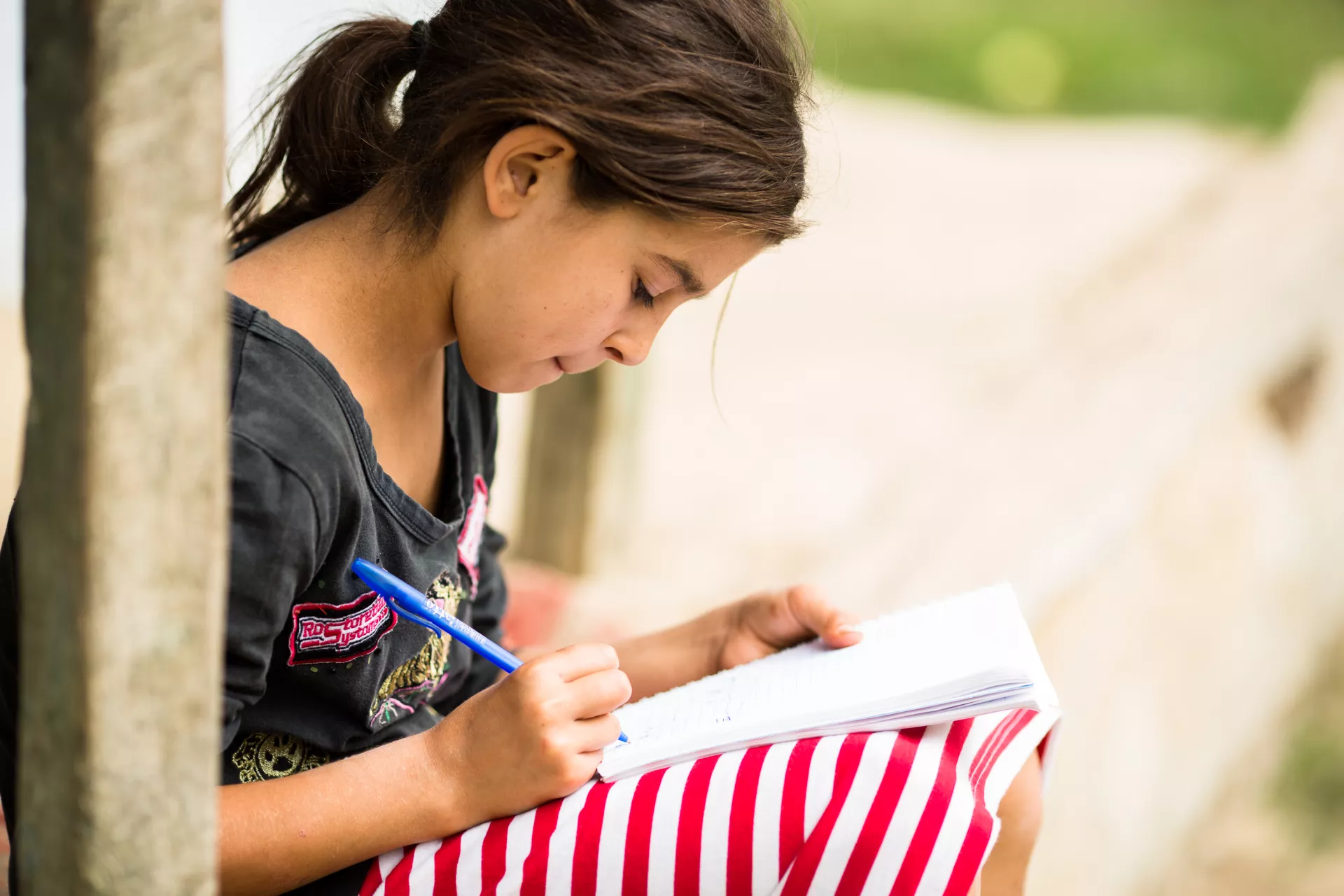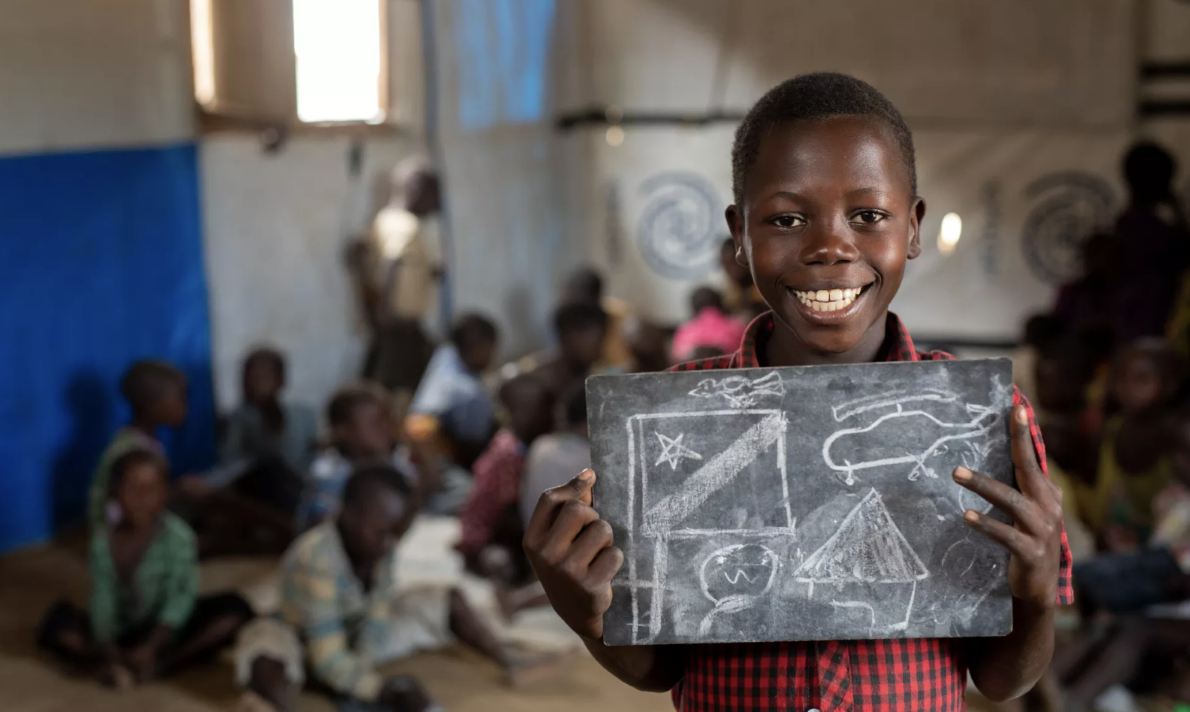Crisis in West Papua
The Dire Situation Faced by Papuan Children
Decades of violent insurgency by pro-independence groups have ravaged West Papua, a Sweden-sized stretch of Indonesian territory, comprising six provinces located on the western portion of the remote, mountainous island of New Guinea. Caught in the crossfire of the conflict, and most affected by it, are millions of Papuan children, many of whom find themselves being recruited as child soldiers. This is not helped by the lack of access to education in rural regions of the territory, and the disproportionate barrier to basic amenities such as healthcare that indigenous children face, compared to their non-indigenous counterparts.
Roots of the Crisis
Historical Context
Dutch Colonial Period
West Papua was once a Dutch colony, with the territory being put on the course of independence.
Indonesian Seizure
Neighbouring Indonesia seized the territory for its plentiful natural resources, disrupting the independence process.
Cycle of Extraction
A pattern of raw material extraction without reinvestment has plagued the territory, including chronically low investment in education.
Systemic Discrimination
Racist attitudes towards indigenous Papuans from the Indonesian government compound the crisis facing children today.
Education Crisis
Educational Disparities in West Papua
Only in recent years have education opportunities started to slowly expand across the rural regions of West Papua, in collaboration with UNICEF and the Indonesian government. However, due to past chronic underfunding, the level of education is still not on par with the rest of Indonesia. Combined with low educated job availability in rural areas, education is not a social norm yet, and many parents do not see the benefits of educating their children.
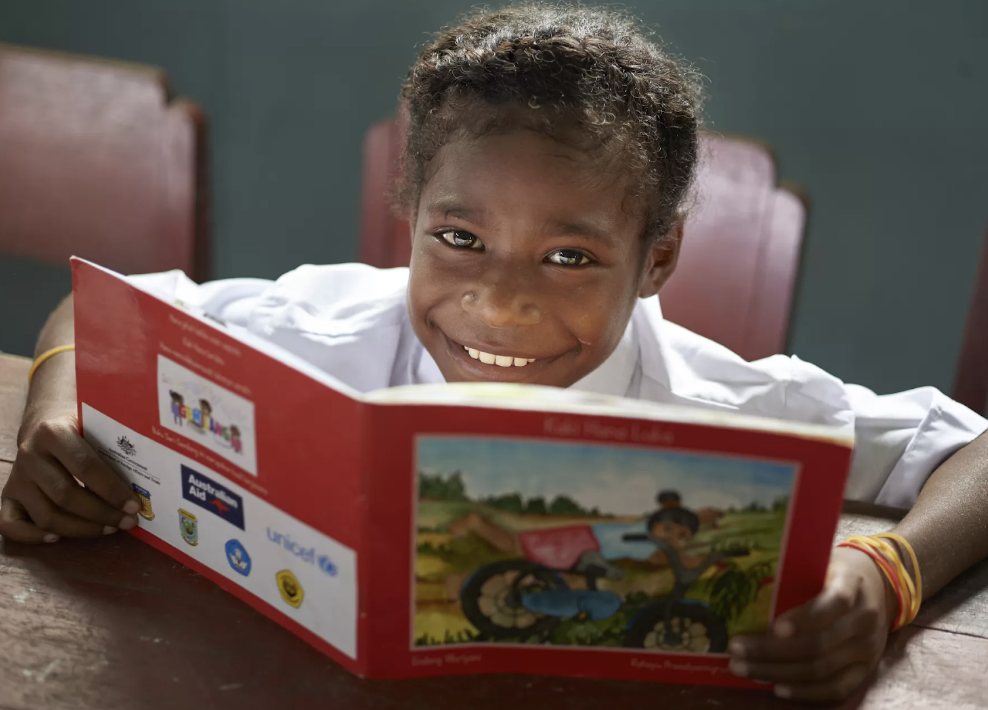
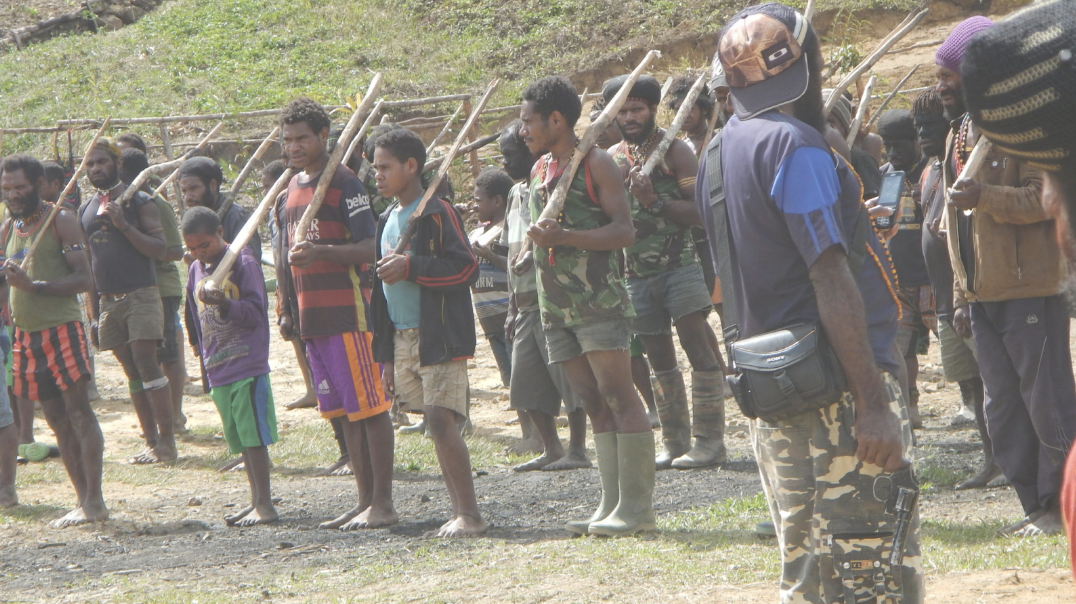
Children in Conflict
Child Soldiers and Armed Conflict
The low level of education in West Papua has given incentive for many children to join the ranks of the underground independence movements, with an estimated 300 to 500 thousand children involved in armed conflict, which at its core is driven by historical injustices.
Psychological Impact on Children
This has a profound psychological effect on the children involved, with very high rates of PTSD, depression and anxiety observed, due to persistent insecurity and trauma. Their underdeveloped critical thinking skills, due to the lack of a formal education, mean they are more willing to commit atrocities, and their early exposure to violence desensitises them.
High rates of PTSD
Depression & Anxiety
Underdeveloped critical thinking
Desensitization to violence
Increased aggression levels
Cycle of re-enlistment
Studies have shown that child soldiers have an increased level of aggression, leading to a higher chance of reenlistments and voluntary recruitments, perpetuating the cycle of violence that grips West Papua. Therefore, these soldiers should not be seen as perpetrators, but as victims caught in a war with very little options.

